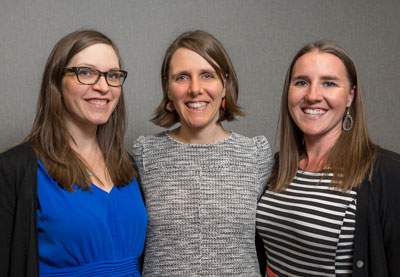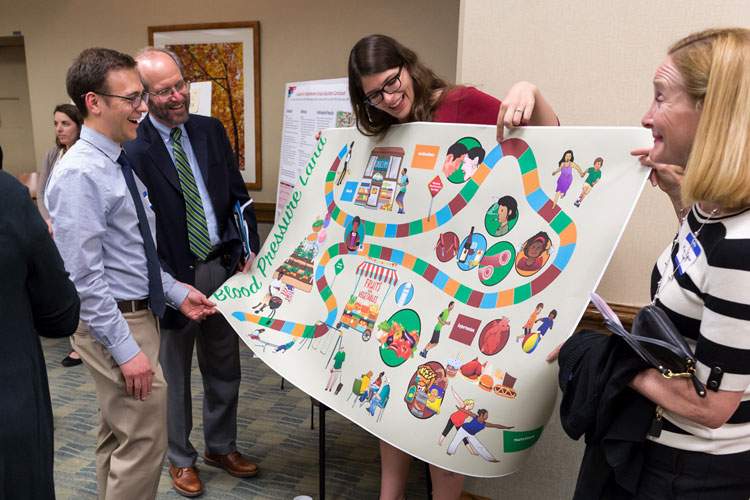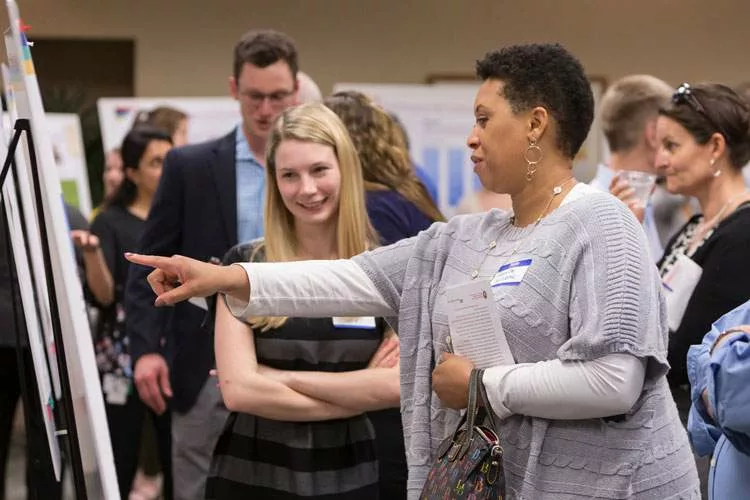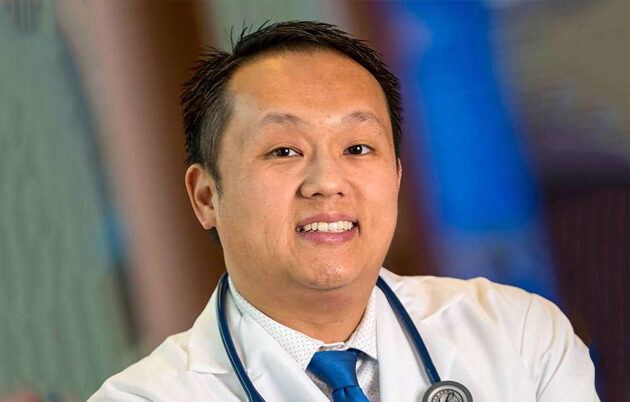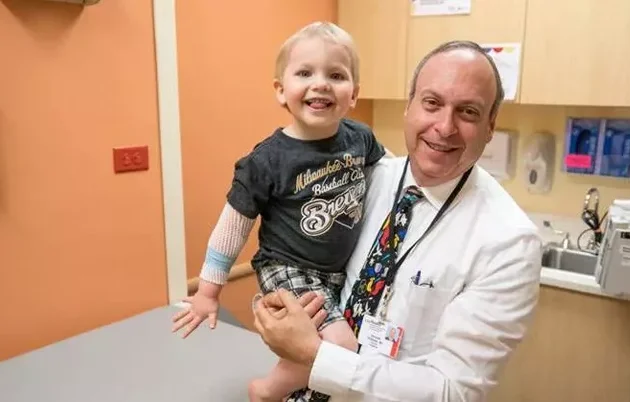To date, of the 110 students who have graduated from TRIUMPH, all have gone on to residencies that emphasize service to people in urban, low-income communities. Forty-four graduates have completed residency training, and 100 percent of these physicians now practice in urban areas. Twenty-one of them (about 47 percent) have returned to practice in Wisconsin.
A Milwaukee-area native, Buelow — who splits her time between working for the program and serving as a family physician at the Sixteenth Street Community Health Center — notes that she and other TRIUMPH faculty and staff have worked hard to keep up with the program’s growth. For instance, they coordinate community projects, rotation assignments and many other education-related tasks for twice the number of students they used to accommodate.
She notes, “It’s been challenging for the past few years to have students at different curriculum stages, but they have been really resilient as we’ve gone through several transitions in curricula as well as leadership.”
Perhaps the most difficult part of the curriculum change has been keeping the students connected with each other and with program leaders, says Knox, who practices at Aurora Health Care.
In the previous curriculum, students worked on their community projects for 16 months, and they met with TRIUMPH leaders every one to two weeks, depending on the stage of their education. In the new curriculum, students’ community-based time is closer to 28 months, and they meet with leaders every other week.
“We are thrilled that the students have more time to gain experience with their community project sites,” Knox says. “And to make this happen, we have been redesigning the way students connect with us.”
She adds that the future holds more changes related to the new curriculum, including an increased focus on incorporating health advocacy.
Umhoefer-Wittry predicts that each new class of TRIUMPH students will embrace the changes and will continue to embody the program’s goals of serving the underserved and making a difference in the city.
These goals shine brightly at an annual project showcase, at which all TRIUMPH students present their knowledge and demonstrate their results to an audience of parents, SMPH leaders and community partners.
For this annual spring tradition — held with the TRIUMPH graduation celebration — each fourth-year student shared a brief presentation that described his or her community project, while second- and third-year students displayed abstracts and posters that detailed their projects. TRIUMPH leaders also presented community partners with awards to thank them for their service to the program.
“As a graduate myself and with the ability to see this program from a new perspective, I recognize what a wonderful program TRIUMPH is, and why these community projects are so important,” observes Knox, adding that Haq left a lasting impression on those who trained under her.
“It is a testament to her legacy and the power of TRIUMPH that three alumni provide its physician leadership. We are thrilled that Drs. Theresa Umhoefer-Wittry and Michelle Buelow are on board with me to provide outstanding leadership and support for our students,” Knox concludes. “And we are incredibly grateful to all of our community partners for their help in making this important work possible for the benefit of our students and the community members they serve.”
